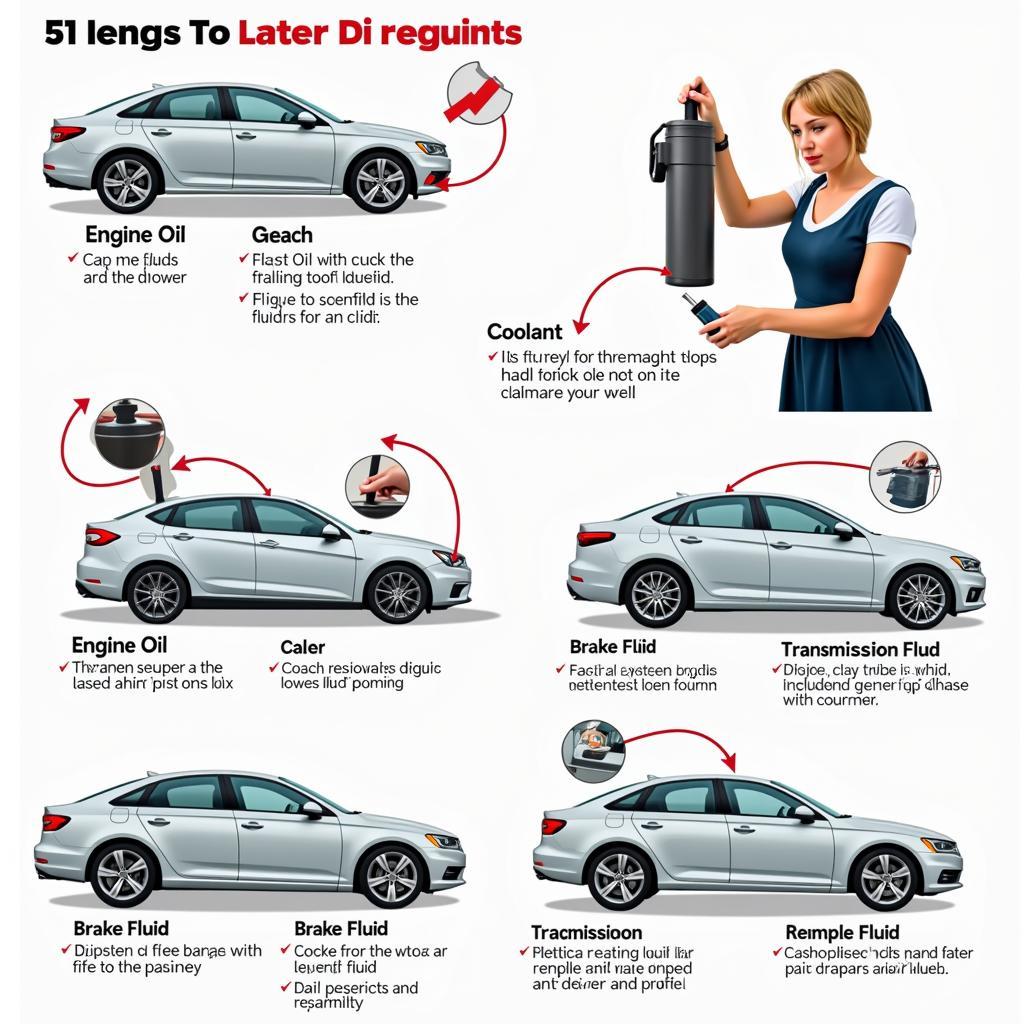Owning a car is a big responsibility, and it’s essential to factor in the costs associated with keeping it running smoothly. One of the most significant expenses is annual car maintenance, which can vary widely depending on the car’s make, model, age, and mileage. Understanding the typical costs involved can help you budget effectively and ensure your vehicle remains reliable.
What Factors Influence Annual Car Maintenance Costs?
Several factors can influence the cost of maintaining your car on an annual basis. Some of the key considerations include:
- Make and Model: Certain car brands are known for their high or low maintenance costs. For example, luxury vehicles often require more expensive parts and labor compared to more economical models.
- Age and Mileage: As your car gets older and racks up more miles, it’s likely to require more frequent and extensive maintenance. This can include replacing worn-out parts, addressing potential issues, and performing routine services.
- Driving Habits: Aggressive driving or frequent short trips can put additional strain on your car’s components, leading to increased maintenance needs.
- Location: The cost of labor and parts can vary depending on your location. For instance, living in a densely populated area with limited competition may lead to higher prices.
- DIY vs. Professional Service: If you’re comfortable doing some basic car maintenance yourself, you can save money by performing tasks like oil changes and tire rotations. However, for complex repairs or services, it’s best to seek professional assistance.
Typical Annual Car Maintenance Costs
While the exact cost can vary, a general estimate for typical annual car maintenance can range from $500 to $1,500. This includes:
- Oil Change: Around $30-$70 for a conventional oil change and up to $100 for synthetic oil.
- Tire Rotation: $20-$40.
- Fluid Checks and Top-Offs: $50-$100 for checking and topping off fluids like brake fluid, coolant, and power steering fluid.
- Air Filter Replacement: $20-$50.
- Spark Plug Replacement: $100-$200 for a set of spark plugs.
- Brake Pad Replacement: $200-$400 per set.
- Battery Replacement: $100-$200.
- Timing Belt Replacement: $400-$800 depending on the car’s make and model.
“It’s crucial to factor in the cost of regular maintenance to avoid potential issues that could lead to costly repairs down the line,” advises Anthony Flores, a certified automotive technician with over 15 years of experience. “By staying on top of scheduled services, you can ensure your car runs smoothly and safely.”
Tips for Reducing Annual Car Maintenance Costs
While regular maintenance is essential, there are ways to reduce the overall cost:
- Perform Basic Maintenance Yourself: As mentioned earlier, tasks like oil changes and tire rotations can be performed by yourself, saving on labor costs.
- Shop Around for Parts and Services: Compare prices from different auto parts stores and repair shops to find the best deals.
- Consider Used or Remanufactured Parts: If you’re on a budget, used or remanufactured parts can be a cost-effective option, especially for less critical components.
- Purchase a Car with Low Maintenance Costs: When buying a new car, research models known for their reliability and affordability to maintain.
- Follow the Manufacturer’s Recommended Maintenance Schedule: Sticking to the manufacturer’s recommended service intervals can help prevent major problems and avoid costly repairs.
Common Questions about Annual Car Maintenance Costs
How can I estimate the annual maintenance cost for my specific car?
You can use online resources or consult with a mechanic at your local auto repair shop to get a more accurate estimate for your specific make and model.
Is there a difference in maintenance costs between gasoline and electric vehicles?
Electric vehicles generally require less maintenance than gasoline cars, as they have fewer moving parts. However, electric car batteries are a significant expense that needs to be factored in.
What are some signs that my car needs maintenance?
Here are some common warning signs:
- Check Engine Light: This indicates a problem with the engine or emissions system.
- Strange Noises: Unusual sounds like rattling, grinding, or whining can signal a potential issue.
- Fluid Leaks: Leaking fluids can indicate a problem with the engine, transmission, or other systems.
- Reduced Performance: If your car feels sluggish or experiences a loss of power, it could be a sign of a maintenance need.
Remember, preventive maintenance is key to keeping your car running smoothly and avoiding costly repairs.
Contact AutoTipPro Today for All Your Car Maintenance Needs:
Phone: +1 (641) 206-8880
Office: 500 N St Mary’s St, San Antonio, TX 78205, United States
We’re here to help you keep your car running smoothly and safely.





Leave a Reply